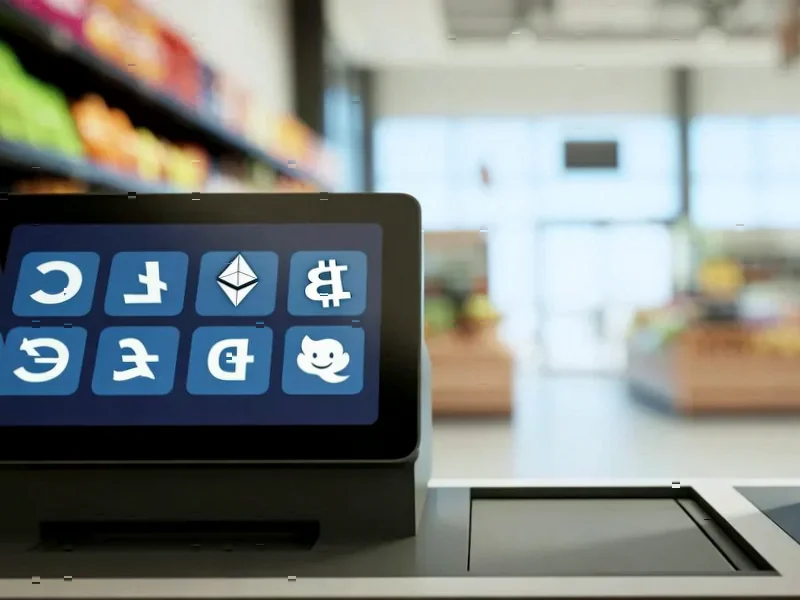According to Thurrott.com, Facebook is now allowing group administrators to convert their private groups into public ones, making all new content visible to everyone including people not on Facebook. The change comes with several protections: all past group content remains private, member lists stay protected, and if there are multiple admins, they all get notified when one initiates the switch. There’s a three-day review window where admins can cancel the change, and all group members receive notification when the group goes public. Once public, previous posts and comments remain visible only to existing members, while all new content becomes public by default. Admins can also reverse the decision later, but people who joined during the public phase get removed and must reapply.
<h2 id="privacy-risks”>The Consent Problem
Here’s the thing that makes me nervous about this change. People join private Facebook groups with specific expectations of confidentiality. They share personal stories, health issues, relationship problems – stuff they’d never post publicly. Now an admin can fundamentally change that environment without members having any real say. Sure, they get notified, but that’s after the decision’s been made. It’s like signing a lease for a private apartment and suddenly your landlord decides to turn the building into a public museum. You’re still living there, but the whole dynamic has changed.
Too Much Power for Admins?
I’m also skeptical about putting this much control in the hands of volunteer administrators. Many Facebook group admins are just regular people running communities as hobbies. They might not fully understand the implications of making a private support group or sensitive community public. The three-day review period helps, but what if co-admins miss the notification? And let’s be real – how many people actually pay attention to Facebook notifications these days? Basically, we’re trusting that every admin will make thoughtful decisions about hundreds or thousands of members’ privacy.
Facebook’s Track Record
Look, we’ve seen this movie before with Facebook. The platform has a history of introducing features that prioritize growth and engagement over user privacy. Remember when they kept changing default privacy settings? Or when they made previously private information public without clear consent? This feels like another case of giving users more “flexibility” while potentially exposing sensitive conversations. The protections sound good on paper, but will they work in practice when someone accidentally makes their addiction recovery group public?
What This Means for Members
So what should you do if you’re in private Facebook groups? First, pay attention to those notifications – they actually matter now. Second, consider what you’re sharing even in “private” spaces. Because here’s the reality: on Facebook, privacy settings can change with a single admin decision. The platform is essentially admitting that your private groups aren’t necessarily permanent safe spaces. That’s a pretty significant shift in how we should think about these communities. Maybe it’s time to be more selective about what we share anywhere on social media, even in supposedly closed groups.




